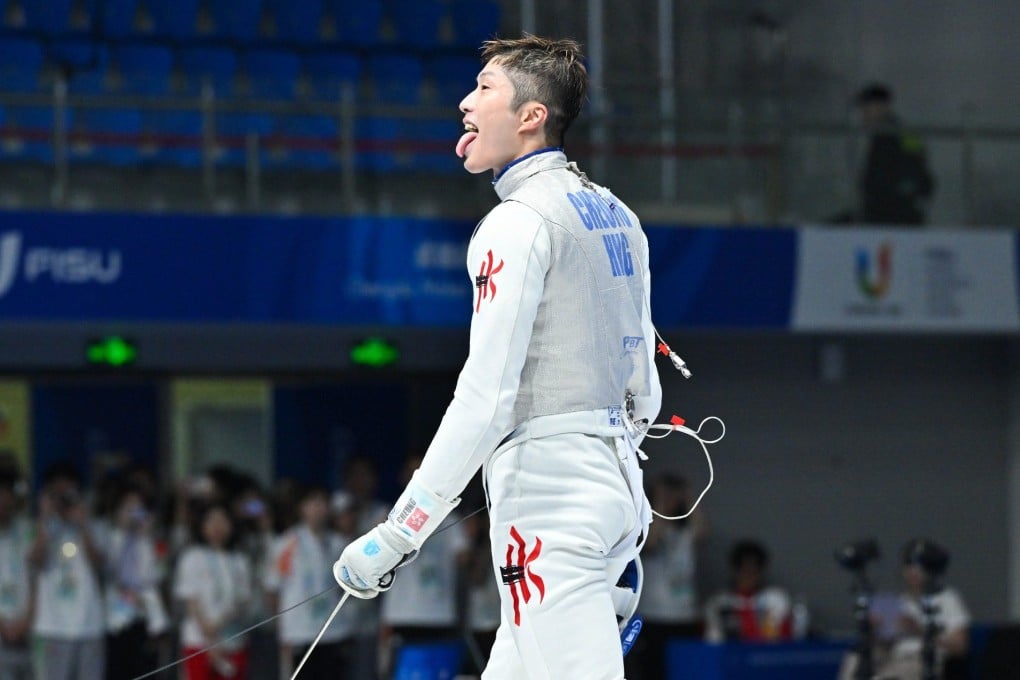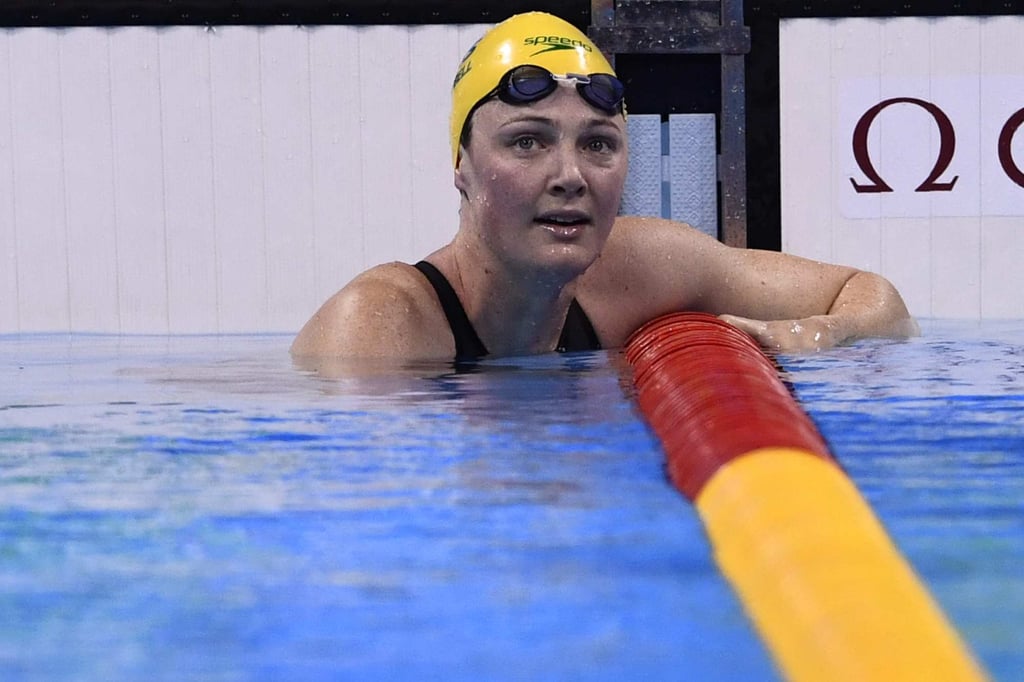Asian Games 2023: how mental ability could make the difference between podium and oblivion – just ask Cheung Ka-long
- Mental performance coach for Premier League footballers says the power of the mind is such that ‘the person needs to get out of the way of the athlete’
- Clear focus and visualisation can avert collapses like those by golf’s Greg Norman and swimmer Cate Campbell – but harnessing anxiety can be a game-changer too

Cheung Ka-long had no right to win his fencing Olympic gold in Tokyo two years ago.
“I thought to myself, everyone was either an Olympic or world champion, and I was nobody … that helped me relax,” Cheung said of his mental approach back then, when he was ranked only 19th in the world.
After reaching the final, against 2016 gold medallist Daniele Garozzo, “I told myself, ‘I am nothing against him, he is the Olympic champion’,” Cheung recalled.
Italian Garozzo had history in his corner for the final, too. He had been there and done it, and his nation had 259 Olympic gold medals by the end of the Tokyo Games. Cheung hails from Hong Kong, which does not traditionally trade in the most precious metal. Windsurfer Lee Lai Shan, in 1996, was the city’s only previous Olympic champion.

“Cheung’s gold medal was more a product of mental ability than technique,” sports psychologist Alex Tang said.